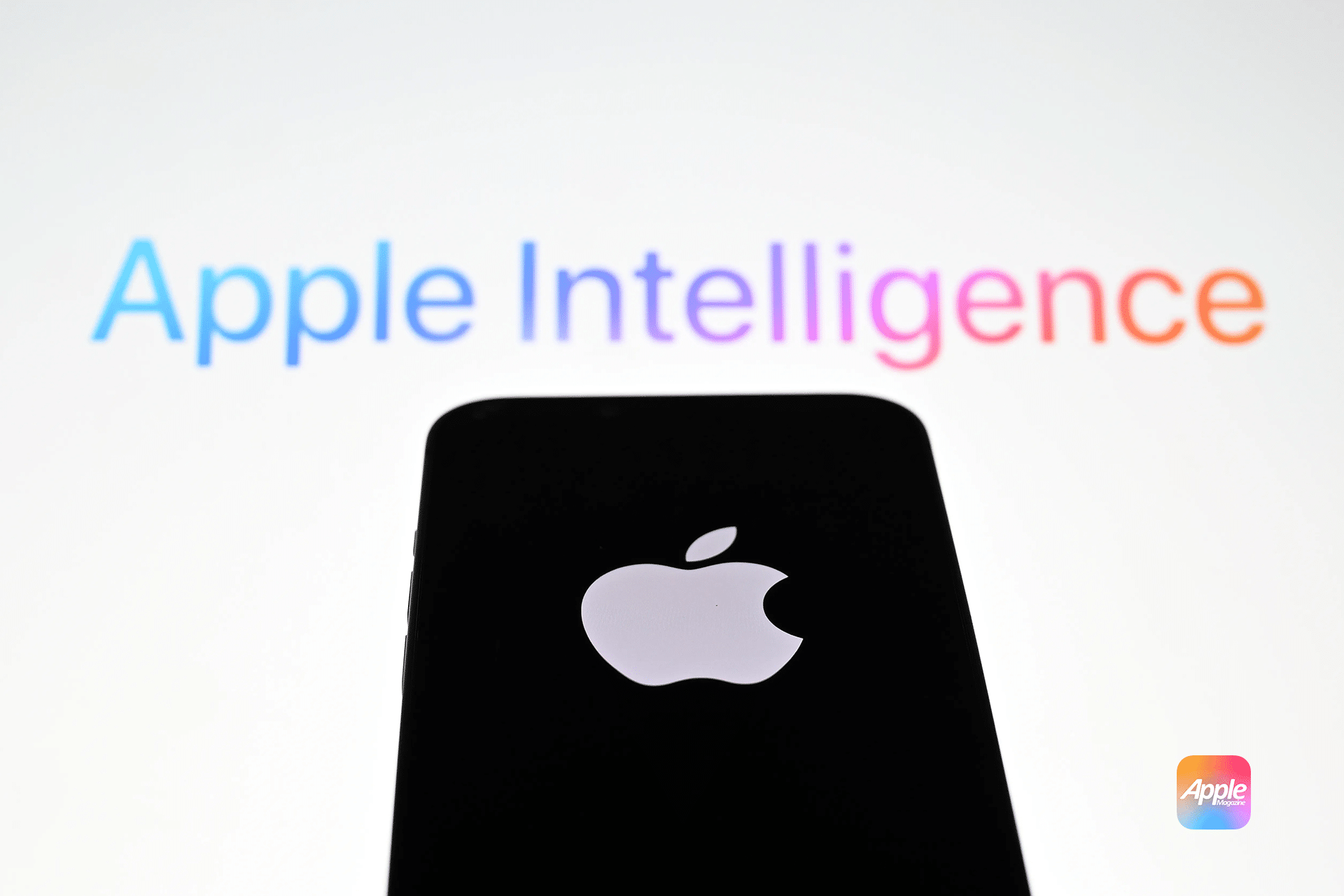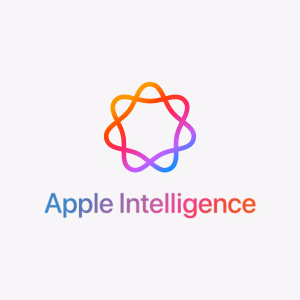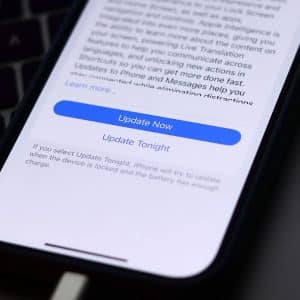Photogrammetry, the process of creating 3D models from 2D images, is a cornerstone of applications like augmented reality and drone surveying. Apple’s new Apple Intelligence tools for photogrammetry, dubbed Matric3D, aim to make this process faster and more accurate. AppleInsider reported that Matric3D reduces the number of images needed to generate high-resolution 3D models, capturing fine details like hair or fabric textures in under a second. This efficiency could transform industries, from architecture to gaming, by simplifying workflows and lowering costs.
For example, a commenter on AppleInsider’s forums noted Matric3D’s potential for drone site surveys, suggesting it could enable smaller drones with simpler flight paths, reducing licensing and insurance costs for commercial use. By leveraging Apple Intelligence tools, Matric3D processes images on-device, maintaining Apple’s privacy-first ethos. This aligns with Apple’s broader AI strategy, as seen in features like Visual Intelligence on the iPhone 16, which uses on-device processing for real-time image analysis. The research hints at future iOS updates where Apple Intelligence tools could power AR apps or even Apple Vision Pro, creating seamless 3D experiences for users.

A Video Assistant That Knows Your Content
The second paper introduces Apple Intelligence tools designed as a video-related personal assistant, capable of understanding and summarizing video content. Imagine asking your iPhone to find a specific scene in a movie or summarize a lengthy YouTube tutorial—Apple’s AI could make it happen. AppleInsider described this tool as a step toward a more contextual Siri, able to pull insights from videos stored on your device without sending data to the cloud. This privacy-focused approach sets Apple Intelligence tools apart from competitors like Google Gemini, which rely heavily on server-based models.
The video assistant leverages Apple’s on-device processing, a hallmark of Apple Intelligence tools since their debut in iOS 18. By analyzing video metadata and content locally, it ensures user data stays secure while delivering quick, relevant results. TechCrunch noted that such capabilities could integrate with apps like Photos or Notes, letting users search for video moments as easily as they search for text. This builds on existing Apple Intelligence tools, like email summaries and notification prioritization, which already streamline daily tasks.
Why This Research Matters
Apple’s research underscores its commitment to practical, user-centric AI. Unlike rivals hyping world-altering AI, Apple Intelligence tools focus on solving real problems—like making 3D modeling accessible or finding video content fast. The photogrammetry model could empower creators, from indie game developers to architects, by reducing the technical barriers to 3D design. Meanwhile, the video assistant addresses a common pain point: navigating the flood of video content we consume daily. Both Apple Intelligence tools prioritize on-device processing, ensuring privacy without sacrificing performance, a point Apple has emphasized since unveiling Apple Intelligence in 2024.
The timing is strategic. With iOS 18.5 rolling out features like on-device AI training (opt-in via Differential Privacy), Apple is laying the groundwork for these tools to shine. Posts on X reflect excitement about Apple’s AI advancements, with users eager for smarter, privacy-first tools. However, some skepticism persists, with MacRumors forums questioning whether Apple’s cautious rollout can keep pace with competitors like OpenAI. Apple counters this by doubling down on ethical AI, avoiding the data-scraping pitfalls of server-based models.
Challenges and Future Horizons
Apple’s research isn’t without hurdles. The video assistant, while promising, requires robust on-device models to handle diverse video formats, which could strain older devices. Matric3D, though efficient, may need further refinement for niche applications like medical imaging. Trusted Reviews speculated that Apple Intelligence tools could expand into health or calendar apps, citing Apple’s recent AI acquisitions like Drishti for manufacturing and DarwinAI for efficient neural networks. Yet, Apple’s slow rollout—delaying features like a more contextual Siri to 2026—has drawn criticism for lagging behind rivals.
Still, Apple’s focus on privacy and on-device processing gives it an edge. The company’s use of Amazon and Google chips for model training, while controversial, ensures efficiency without compromising user data during inference. As Apple prepares for WWDC 2025, these Apple Intelligence tools could debut in iOS 19, enhancing apps like Camera or Final Cut Pro with smarter, privacy-first features.
A Smarter, Private Future
Apple’s latest research showcases Apple Intelligence tools that make technology more intuitive and secure. By tackling photogrammetry and video assistance, Apple is paving the way for a future where AI feels like a natural extension of our devices. For users, it’s a promise of smarter tools that respect privacy and deliver real value, keeping Apple at the forefront of innovation.















